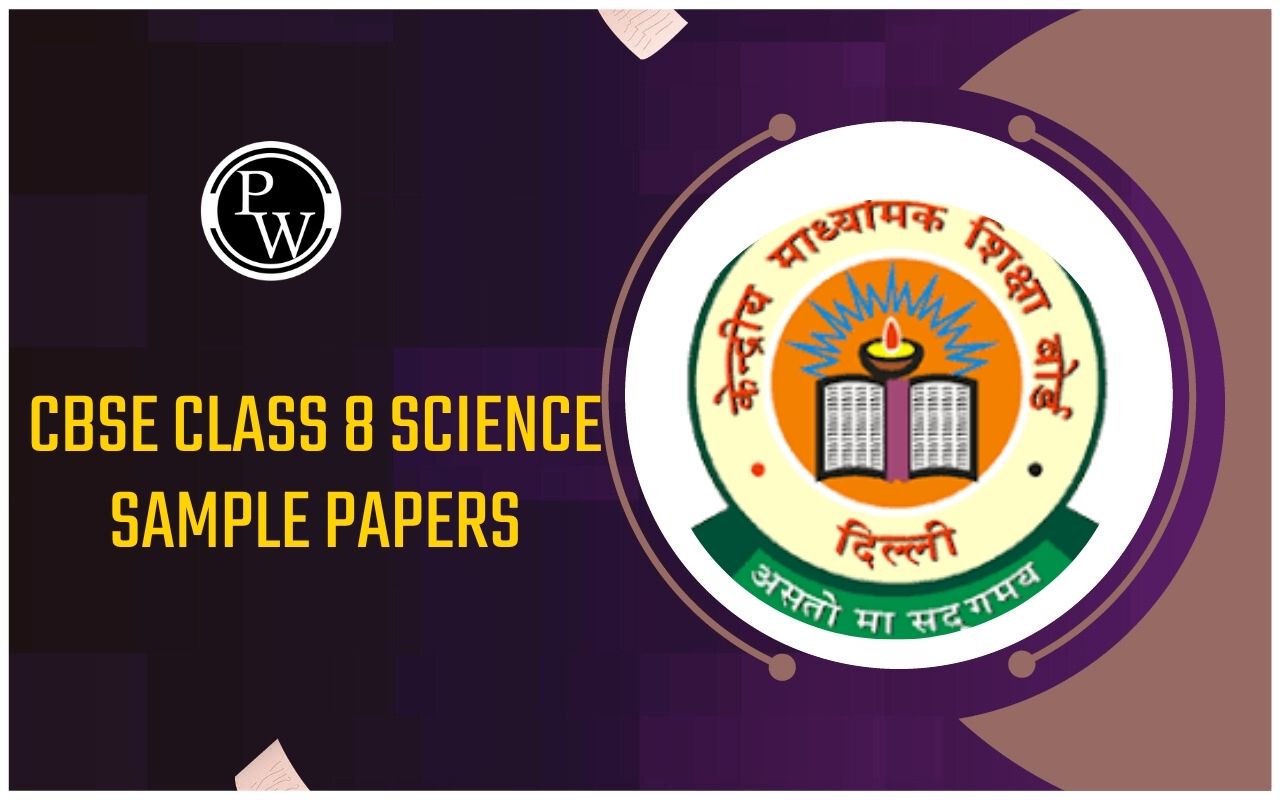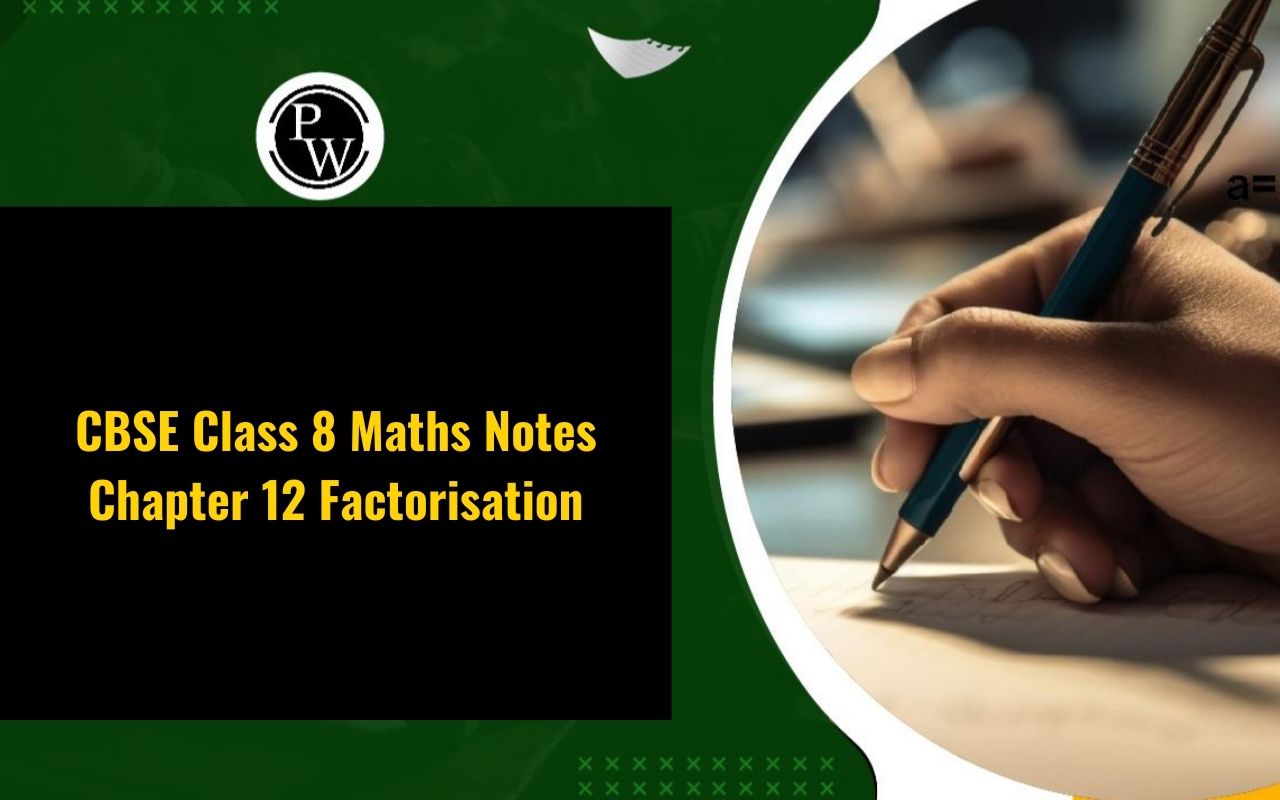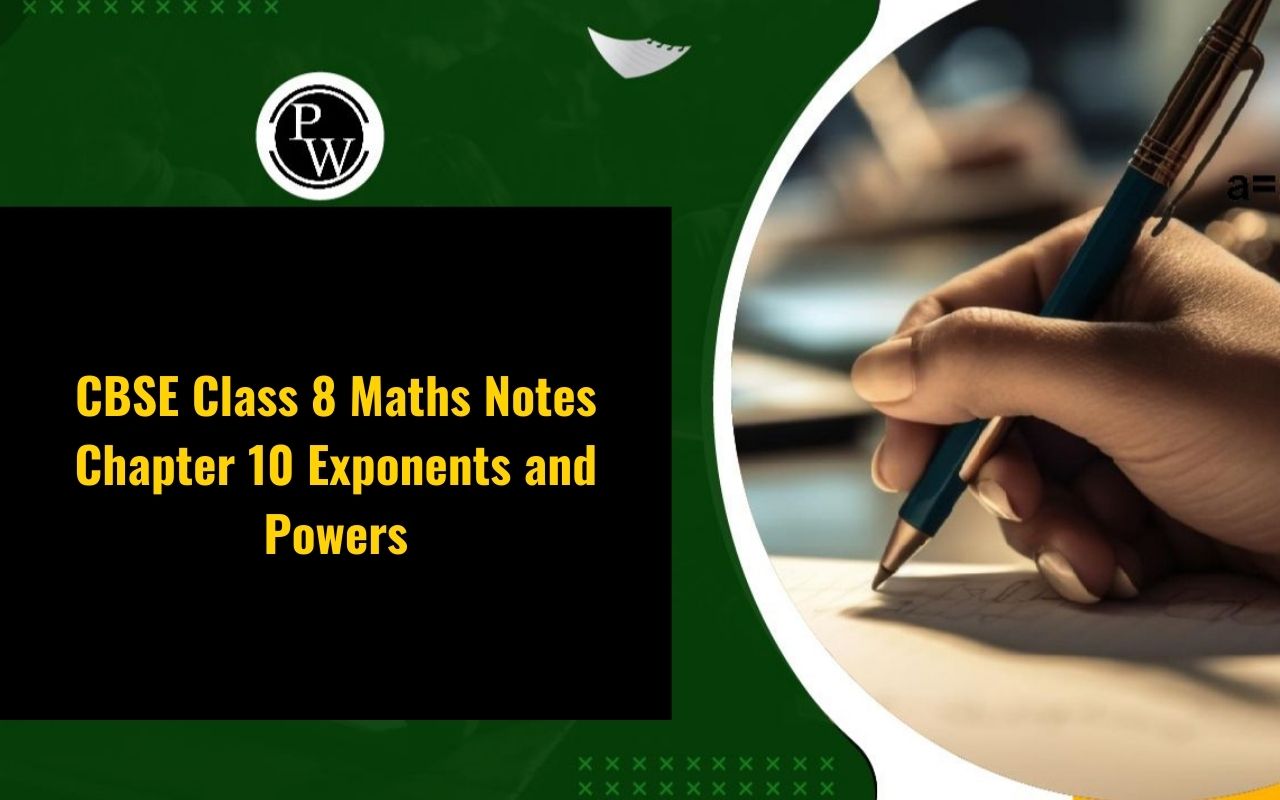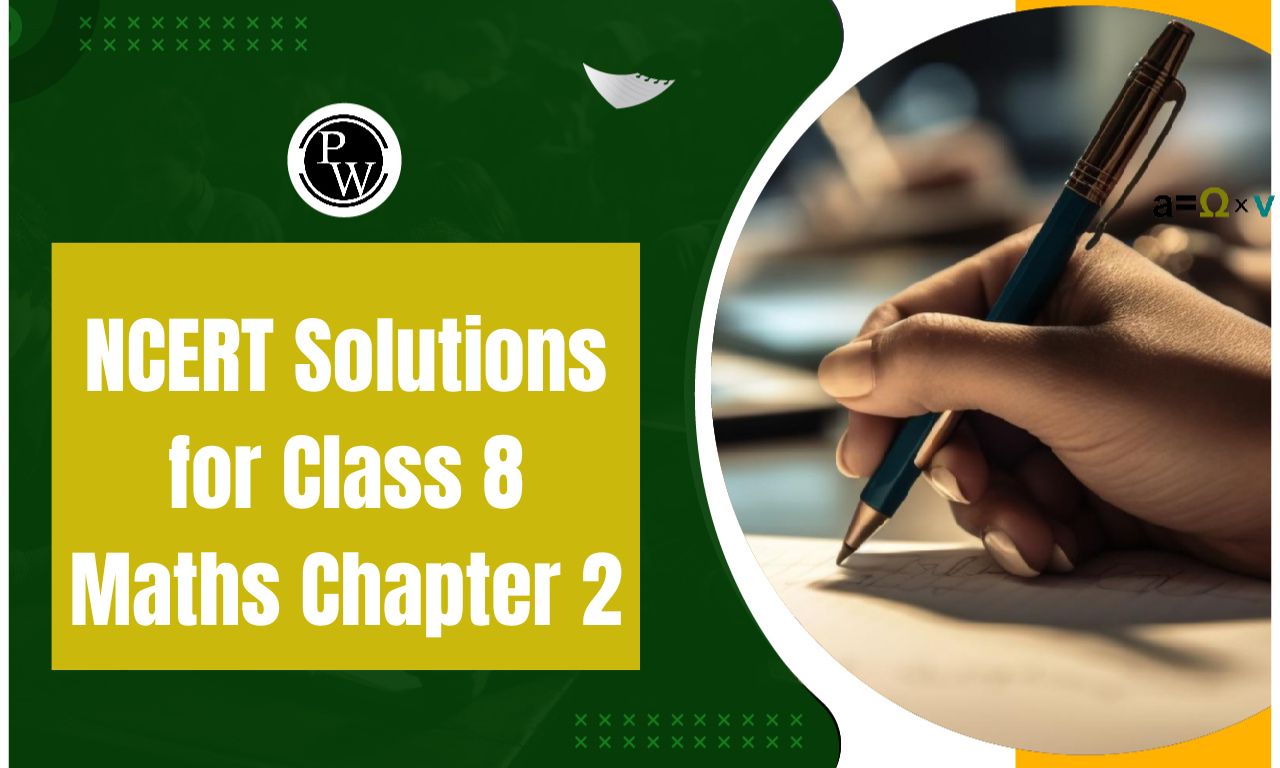
CBSE Class 8 English It So Happened Chapter 2 Notes: CBSE Class 8 English It So Happened Chapter 2 Notes, titled Children at Work, is an important chapter of the CBSE syllabus for Class 8 English. This chapter focuses on the theme of child labor and its impact on children’s lives, which is a crucial topic for both understanding the language and addressing social issues.
The chapter is included in the English supplementary reader, It So Happened, and provides students with an opportunity to reflect on the harsh realities faced by children in similar situations.
In terms of the exam pattern, students can expect questions on the theme, character analysis, and summary of the chapter, which are asked in both subjective and objective formats. For preparation, students should focus on understanding the moral of the story, key concepts, and character motivations.
The chapter also supports the development of writing skills, as students are often required to write short summaries, descriptive answers, or essays based on themes such as child labor and societal issues.
CBSE Class 8 English It So Happened Chapter 2 Notes Children at Work
Introduction to the Chapter: Children at Work is Chapter 2 in the CBSE Class 8 English Supplementary Reader It So Happened. The story, written by Geeta Wolf, is a poignant narrative about the harsh realities faced by children forced to work for survival.
The chapter focuses on Velu, an 11-year-old boy, who runs away from his home due to an abusive family environment and ends up living a life of hardship. Through Velu's journey, the story highlights the severe consequences of child labor and provides a detailed commentary on how children, deprived of a safe childhood, are compelled to undertake such work.
Summary of Children at Work: The protagonist of the story, Velu, is a young boy who runs away from his home in search of a better life. His father, a drunkard, frequently beats him and takes away all his money, leaving Velu with no hope.
Tired of the abuse, Velu decides to escape his oppressive home. With no money in hand, he boards the Kanyakumari Express train without a ticket, hoping to find a better life elsewhere. To his surprise, he isn't caught by the ticket collector, which marks the beginning of his uncertain journey.
When Velu arrives at Chennai Central Railway Station, he is overwhelmed by the hustle and bustle of the city. The crowded railway station, filled with hurried people and loud announcements, makes him feel small and insignificant.
He is hungry, tired, and lonely. As he sits on a bench in the station, a little girl named Jaya approaches him. Jaya, dressed in shabby clothes, is a ragpicker—a person who collects scraps and waste to sell for money. She speaks kindly to Velu and promises to help him find food.
Despite his initial hesitation, Velu agrees to follow Jaya. She helps him cross the busy streets, warning him not to get caught by the police near the Central Jail. Jaya's life seems as hard as his own, but she appears to be a more experienced survivor. They eventually arrive at a marriage hall, where Jaya picks two bananas and a vada (a traditional Indian snack) from a garbage bin. Though Velu is reluctant to eat food from the garbage, hunger drives him to accept it. He eats the banana and the vada while Jaya eats only the banana.
Jaya then takes Velu to her makeshift home in a slum, which is built from waste materials like plastic sheets, old tires, and broken bricks. In this slum, she introduces Velu to the work she does: ragpicking. She hands him a sack and asks him to collect scraps and waste materials with her. She explains that after gathering enough scrap, she sells it to a scrapper, who then sells it to factories. Velu reluctantly joins her in the ragpicking job, vowing to leave it behind once he finds a better opportunity.
As Velu starts his new life as a ragpicker, he realizes the difficult circumstances that lead children like him to undertake such hard labor. He feels trapped but hopes for a better future.
CBSE Class 8 English It So Happened Chapter 2 Conclusion
The chapter emphasizes the unfortunate reality of child labor, which deprives children of their childhood and forces them into dangerous and exhausting work. It presents a strong critique of the social system that allows children to be exploited in this way. Through Velu's story, the chapter calls for compassion and understanding toward children who are forced into labor due to circumstances beyond their control. It encourages readers to recognize the importance of protecting children’s rights and ensuring they have access to education and a safe environment.
The story also encourages students to reflect on the concept of child labor, urging them to think about how society can contribute to the betterment of children’s lives. By showing Velu’s suffering and eventual acceptance of his fate, the chapter brings attention to the need for awareness and action in addressing such societal issues.
CBSE Class 8 English It So Happened Chapter 2 PDF Download
Students looking to revise Chapter 2, Children at Work, from the CBSE Class 8 English It So Happened textbook can refer to the PDF notes provided below. These notes provides a detailed summary of the chapter, simplifying complex ideas and making it easier for students to grasp the core themes and messages. The PDF includes detailed explanations of the story, character analysis, and important quotes, which can help students prepare more effectively for their exams. The download link for the PDF is provided below for easy access, enabling students to study the chapter at their convenience and enhance their understanding of the lesson.
CBSE Class 8 English It So Happened Chapter 2 Notes
Study without using the internet
CBSE Class 8 English It So Happened Chapter 2 Notes FAQs
What is the main theme of Chapter 2, Children at Work?
Who is the main character in Children at Work?
Why does Velu run away from home in the story?
What does Velu do when he arrives at the railway station in Chennai?









